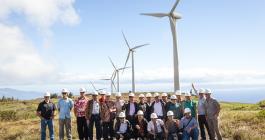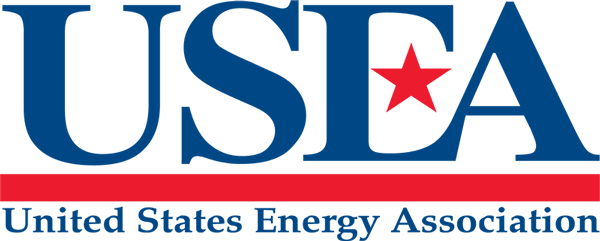Distribution is the term used to describe the lower voltage system that moves energy from the high voltage transmission system to the end-user consumers. Distribution utilities have the mandate to provide reliable, affordable, and efficient electricity to their consumers and they are often the only point of contact that people have with the energy sector. Distribution utilities are also responsible for metering customers electricity usage, preparing the bill and collecting payment. EUPP works with our partner countries to provide capacity building and best practices in addressing issues such as management training,
--
--
Smart Meters/Automated Metering Systems (AMI)
Smart (digital) meters are used by utilities to record electricity usage in near real-time, instantly detect outages, and enable two-way communication between the consumers meter and the utility. These smart meters are increasingly replacing analog meters throughout the world because they allow the distribution utility to provide automated system monitoring and
--
System Maintenance and Operations
One of the most urgent challenges facing EUPP countries is an insufficient level of professional skills, knowledge and experience among technicians and engineers operating and maintaining the system, which leads to substantial economic and sometimes human losses. EUPP works with partner utilities to provide training courses on the knowledge and skills needed to perform electrical operations and maintenance efficiently and safely.
--
Loss Reduction
Loss reduction programs within utilities are utilized to reduce energy and revenue losses by addressing both technical and non-technical losses. Technical losses are often attributed to faulty equipment, meters, and poorly constructed and designed distribution system while non-technical losses refer to billing, customer service, collections, and theft issues. EUPP helps partner utilities develop appropriate the policies, procedures, and practices required to implement technical solutions that reduce losses and improve the efficiency and profitability of their operations.






